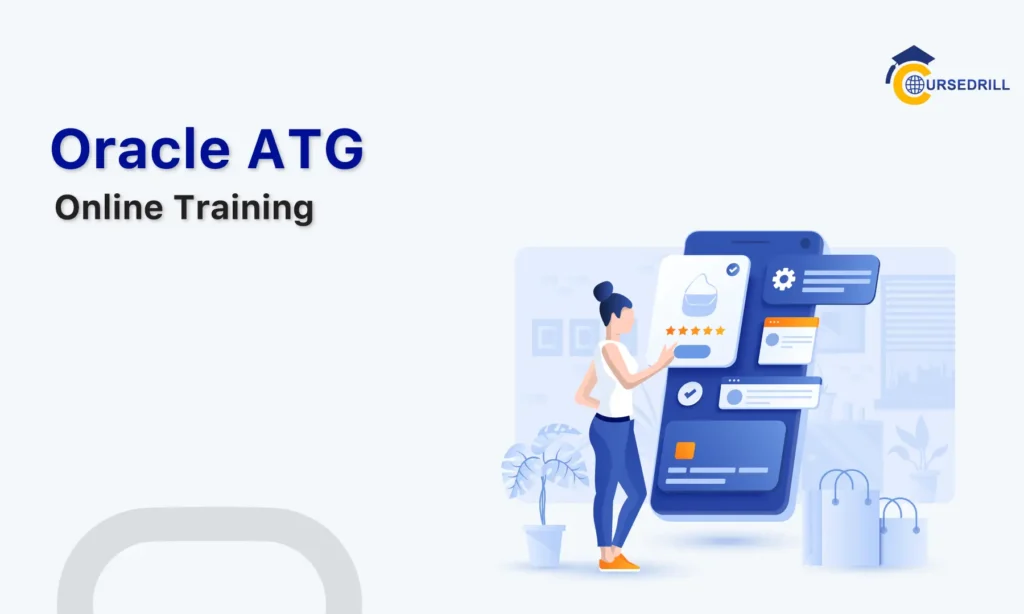- Posted on
- admin
- No Comments
Introduction: Why Your First Paid Internship Matters
Stepping into the world of paid internships is an exciting adventure. It’s your first taste of professional life, a time when you start seeing how everything you learned in the classroom translates into the real world.
But before you dive in headfirst and accept the first offer, there are some essential things you need to know. This guide will walk you through the key steps and considerations to help you make the most of your internship experience.
Let’s get started!
Understand the Salary Structure
The first thing to understand about a paid internship is how your salary will be structured. Unlike part-time jobs, internships can offer various compensation models. It may involve hourly wages, stipends, or even project-based payments.
You’ll want to understand who gets paid what, when, and how much. You may also consider checking the national average, which is $20.54 per hour in the US, to understand if you are compensated fairly.
If you are unsure what to expect, discuss with your HR representative or intern manager about the payment schedule. Knowing if you’ll be paid weekly, bi-weekly, or monthly helps manage your finances from day one.
Also, ask if there are any additional benefits, like travel allowances or lunch reimbursements – these insights can help you set a clear expectation for your internship.
Equipping Yourself with the Right Tools
The right tools can help you better navigate your internship and set off in the professional world with the right foot. While some of the tools and equipment you’ll need will depend on your role and industry, some others are universal.
These include:
- Professional Email: A professional email address is crucial. If you have an outdated or unprofessional email, consider creating a new one.
- Time Management Apps: Use apps like Trello or Asana to track your projects and tasks. Being organized will make a significant difference in your productivity.
- Communication Platforms: Familiarize yourself with tools like Slack or Microsoft Teams to foster smooth communication with your team.
- Tax Software: Understanding your earnings means being ready for tax season, and having software that allows you to create W-2 forms instantly, as well as other key financial documents, can be a lifesaver.
Learning to use these tools before the internship begins not only aids your efficiency but can make you an invaluable asset to your team, positioning you for potential job offers post-internship.
Setting Clear Goals
Before you start your internship, take some time to set clear goals. Ask yourself what you want to achieve by the end: Is it about gaining specific skills, expanding your network, or working on a particular project? Having a clear vision will guide your efforts and make your internship more rewarding.
You should also consider communicating these goals with your supervisor. This conversation can help align your responsibilities during the internship with the experiences you’re seeking and the skills you are looking to learn. Remember, an internship is a two-way street – while you contribute to the organization, you should also be gaining valuable insights and knowledge!
Seek Feedback and Learn
One of the greatest benefits of an internship is the opportunity to learn from experienced professionals.
Make it a point to seek feedback on your work regularly. Whether it’s through formal reviews or quick conversations after completing a task, feedback gives you the chance to improve – which is the point of accepting an internship!
Don’t be shy about asking questions to better understand concepts! Your colleagues know you’re there to learn, and most will be eager to share their knowledge.
To speed up the process, as you progress in your internship, consider identifying a few training courses that can advance your career: completing them during your internship can set you up for the next step!
Network and Build Relationships
Internships provide a unique platform to build professional relationships, which will play a major role in your career as you take further steps into your role or industry.
So, during your internship, make an effort to get to know your colleagues, attend team events, and engage in conversations beyond work-related topics. Building a strong network can lead to mentorship opportunities and future job openings.
Remember, professional relationships often extend beyond the office! Connect with your coworkers and supervisors on professional platforms like LinkedIn, take up the opportunity to attend industry events, and get to know clients and suppliers.
Sometimes, the connections you make could be the most valuable takeaway after an internship!
Getting Started With the Right Foot
Accepting your first paid internship is a pivotal moment in your professional life, one that can shape your career trajectory. By understanding your compensation, mastering necessary tools, setting clear goals, and building relationships, you position yourself for maximum growth and future opportunities.
Remember, each part of the internship experience – learning, networking, executing tasks – adds value to your professional journey. So, embrace the learning curve and make the most of this important time in your life and career!
Popular Courses



